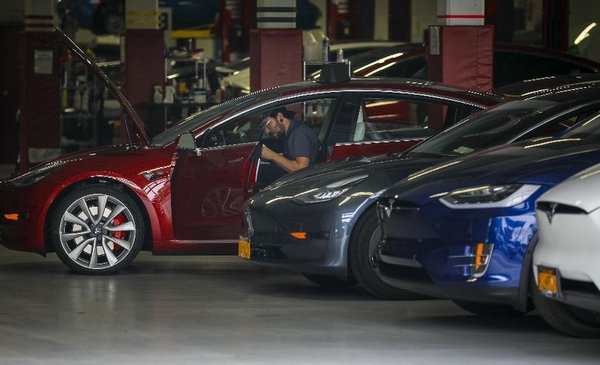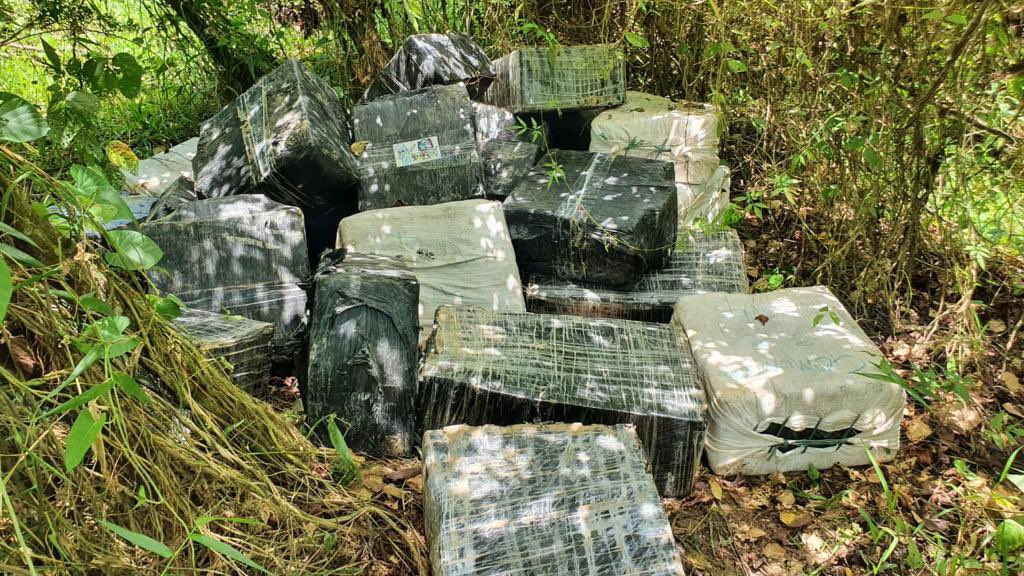Mexico exported cars for US$17,024 million to the United States from January to June 2022, reaching leadership in this indicator for the first time, according to figures from the US Department of Commerce.
With this, he displaced Japan from the first position, which had led car exports to the US market since 2018, when it had surpassed Canada.
Mexico’s achievement occurs two years after the entry into force of the Treaty between Mexico, the United States and Canada (T-MEC), an agreement that creates favorable conditions for the relocation of essential production processes, while companies generally seek a reduction in the risks of the supply chains, either due to the effects of Covid-19, Russia’s invasion of Ukraine or logistical problems, among other factors.
Alejandro Hernández, president of the Mexican Institute of Finance Executives (IMEF), indicated that in the automotive and aeronautical industries in Mexico there has been a substitution of foreign suppliers for companies established in Mexico, highlighting the cases of El Bajío, Saltillo and Coahuila.
Hernández commented that it has been possible to take advantage of the opportunity, even for small and medium-sized companies to replace suppliers that have had problems in their supply chains due to the pandemic or the war in Ukraine.
After Mexico, the largest exporters of cars to the United States during the first half of 2022 were Japan (US$15,518 million), Canada (US$13,644 million), South Korea (US$9,641 million) and Germany (US$8,625 million). millions).
From all over the world, the United States imported automobiles for a customs value of US$ 77,402 million in the first half of the current year, a year-on-year increase of 4%, ranking as the largest global importer of these products.
Jessica Roldán, vice president of the IMEF Technical Committee, commented: “Mexico’s economic activity is driven by two important parts: manufacturing and services. Inside, we have been supported by solid external demand, certain services still recovering and strong remittances that are generating a certain dynamism in consumption.”
However, both Hernández and Roldán affirmed that there are still local challenges such as high inflation, weak economic growth, uncertainty in investments, with the exception of Foreign Direct Investment -more linked to exports-, and external ones. , as American consumption in decline.
Regarding vehicle imports, the government authorized, between September 2021 and July 2022, the entry of 546,961 units with zero tariff in recognition of the level of production of the local industry and its investments that totaled US$ 1,592 million.
















